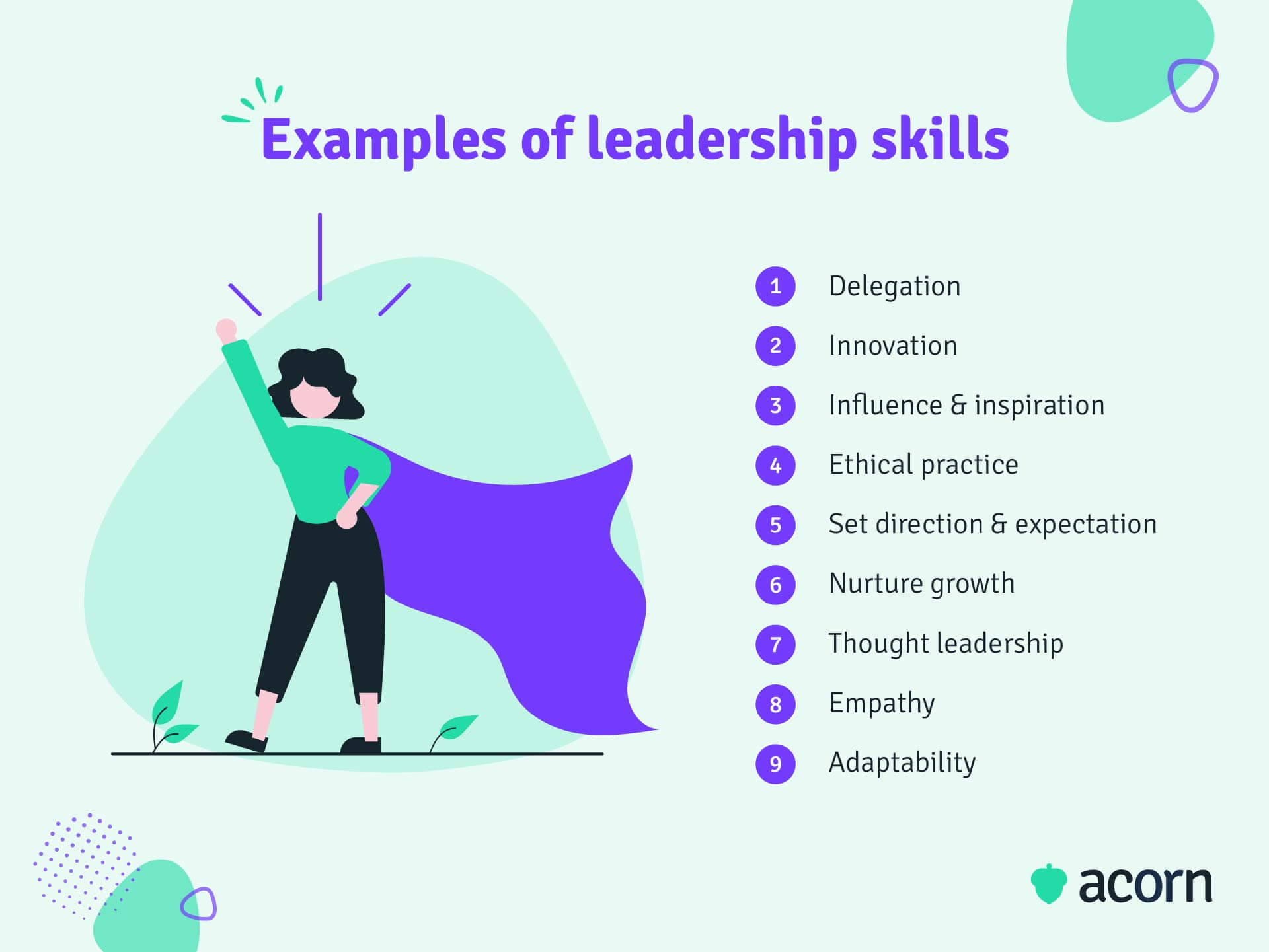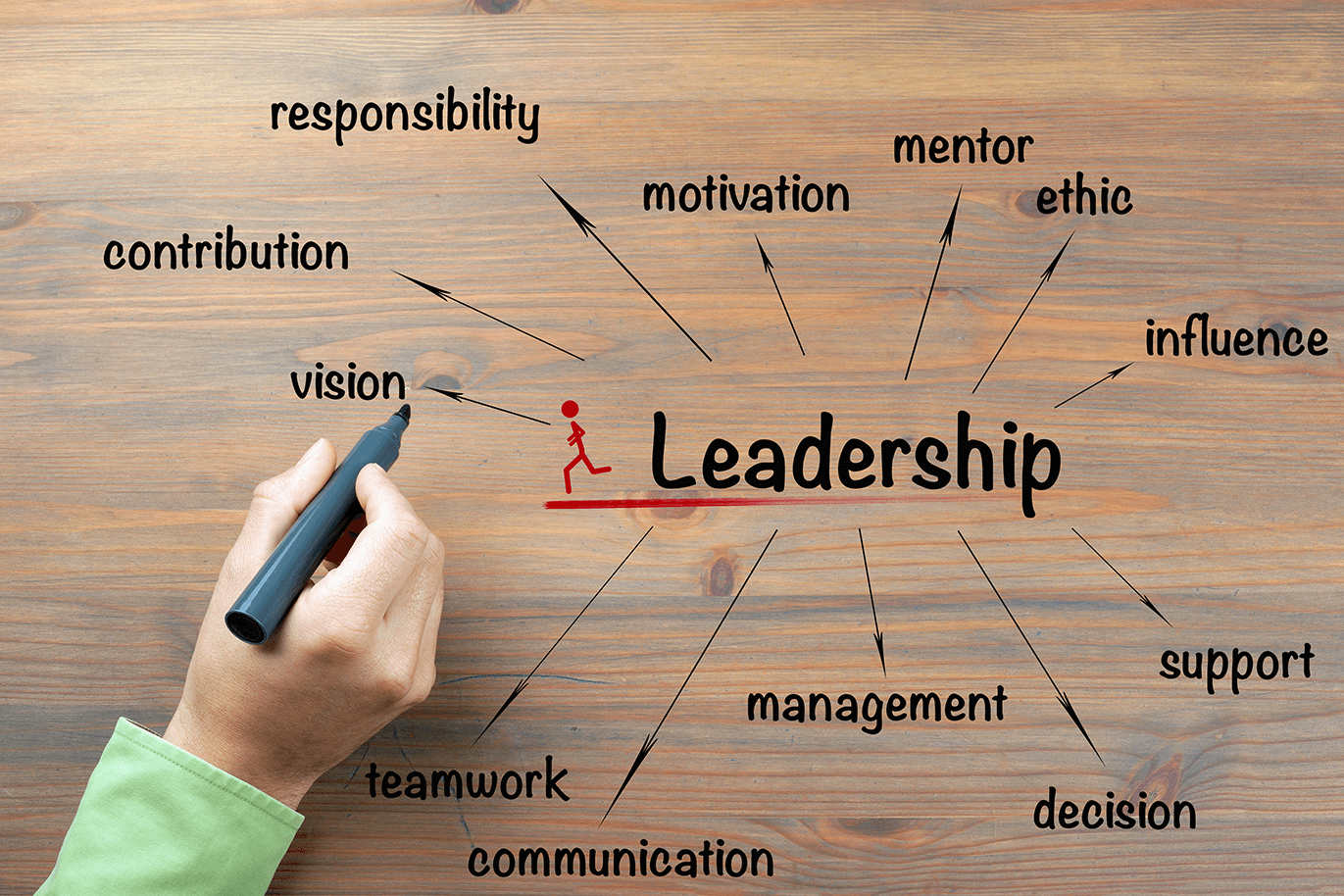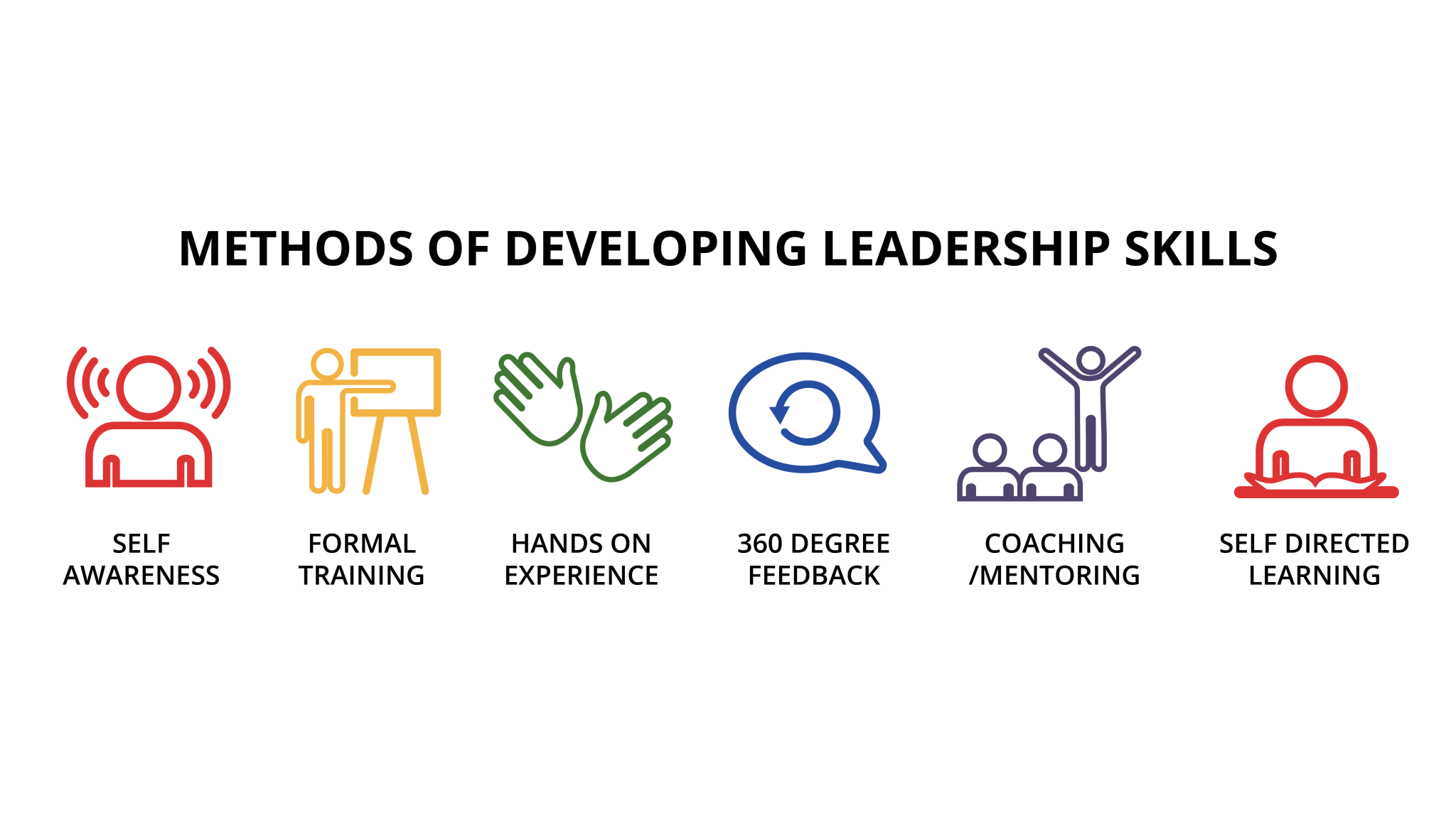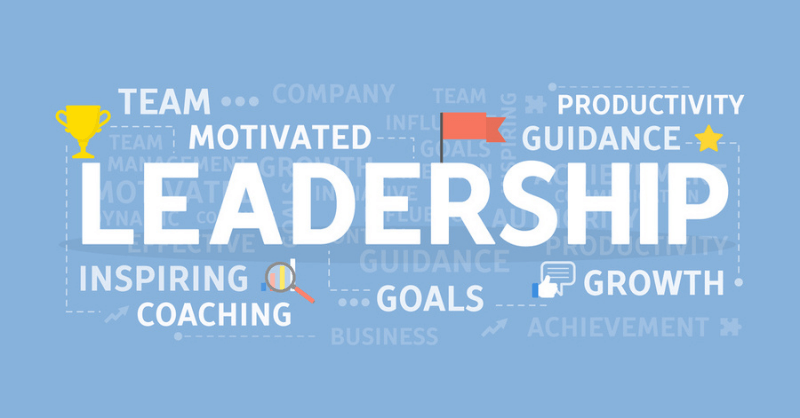How To Develop Leadership Skills In The Workplace

Imagine the hum of the office, a symphony of keyboards clicking, phones ringing, and hushed conversations swirling around you. But beneath the surface, a silent current flows – the dynamic of leadership. It's not just about titles or corner offices; it's about inspiring, guiding, and empowering those around you. Learning to tap into this current can transform not only your own career but also the entire workplace.
This article delves into the actionable strategies and mindset shifts required to cultivate effective leadership skills, regardless of your current position. We will explore how to develop essential qualities such as communication, empathy, and strategic thinking, ultimately enabling you to become a more influential and respected member of your team.
Understanding Leadership: Beyond the Title
Leadership isn't solely the domain of CEOs or managers. It's a set of skills that can be developed and applied by anyone, at any level. According to a 2023 report by Harvard Business Review, "leadership is less about inherent traits and more about learned behaviors."
This means that with intentional effort, anyone can become a more effective leader.
Self-Awareness: The Foundation of Leadership
Before you can effectively lead others, you must first understand yourself. Self-awareness is the cornerstone of leadership, allowing you to recognize your strengths, weaknesses, values, and biases. Take time for introspection, perhaps through journaling or mindfulness practices.
Seek feedback from trusted colleagues and mentors.
Tools like the Myers-Briggs Type Indicator (MBTI) or the Enneagram can also offer valuable insights.
Communication: The Bridge to Connection
Effective communication is paramount for any leader. This involves not only clearly articulating your ideas but also actively listening to others. Practice empathy by trying to understand perspectives different from your own.
Nonverbal communication, such as body language and tone, also plays a crucial role. According to research from the University of Pennsylvania's Wharton School, "a leader's nonverbal cues can account for up to 60% of their impact."
Empathy: Connecting with Your Team
Empathy is the ability to understand and share the feelings of others. It's about putting yourself in their shoes and seeing things from their perspective. Leaders who demonstrate empathy create a more supportive and inclusive work environment.
This fosters trust and encourages open communication.
Actively listening to your team members, asking questions, and acknowledging their feelings are key components of empathetic leadership.
Strategic Thinking: Seeing the Bigger Picture
Strategic thinking involves the ability to see the bigger picture and make decisions that align with long-term goals. This requires critical thinking, problem-solving, and the ability to anticipate future challenges and opportunities. Cultivate this skill by staying informed about industry trends, analyzing data, and engaging in scenario planning.
According to a study by the Center for Creative Leadership, "organizations with strong strategic leadership capabilities are more likely to outperform their competitors."
Delegation: Empowering Others
Effective leaders understand the importance of delegation. It's not about shirking responsibility, but about empowering others to grow and develop their skills. When delegating, clearly define expectations, provide the necessary resources, and offer support and guidance.
Trusting your team to handle tasks autonomously fosters a sense of ownership and accountability.
Continuous Learning: A Lifelong Journey
The journey of developing leadership skills is a continuous one. Commit to lifelong learning by reading books, attending workshops, and seeking mentorship. Embrace challenges and view failures as opportunities for growth.
Stay curious and open to new ideas.
As you begin to incorporate these strategies into your daily interactions, remember that leadership is not about perfection, but about progress. It's about showing up each day with a commitment to learning, growing, and inspiring those around you. By embracing these principles, you can unlock your leadership potential and create a more positive and productive workplace for everyone.

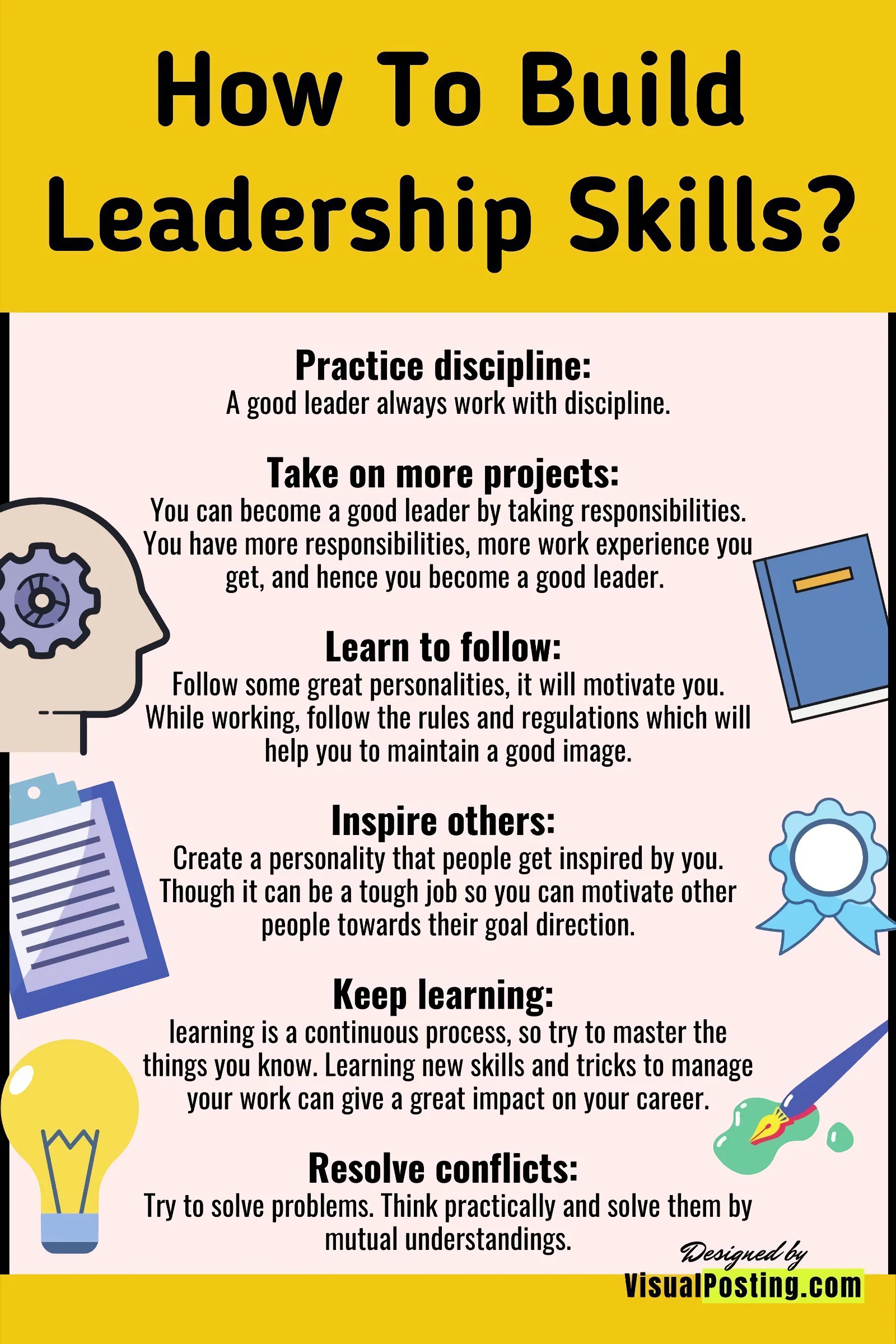

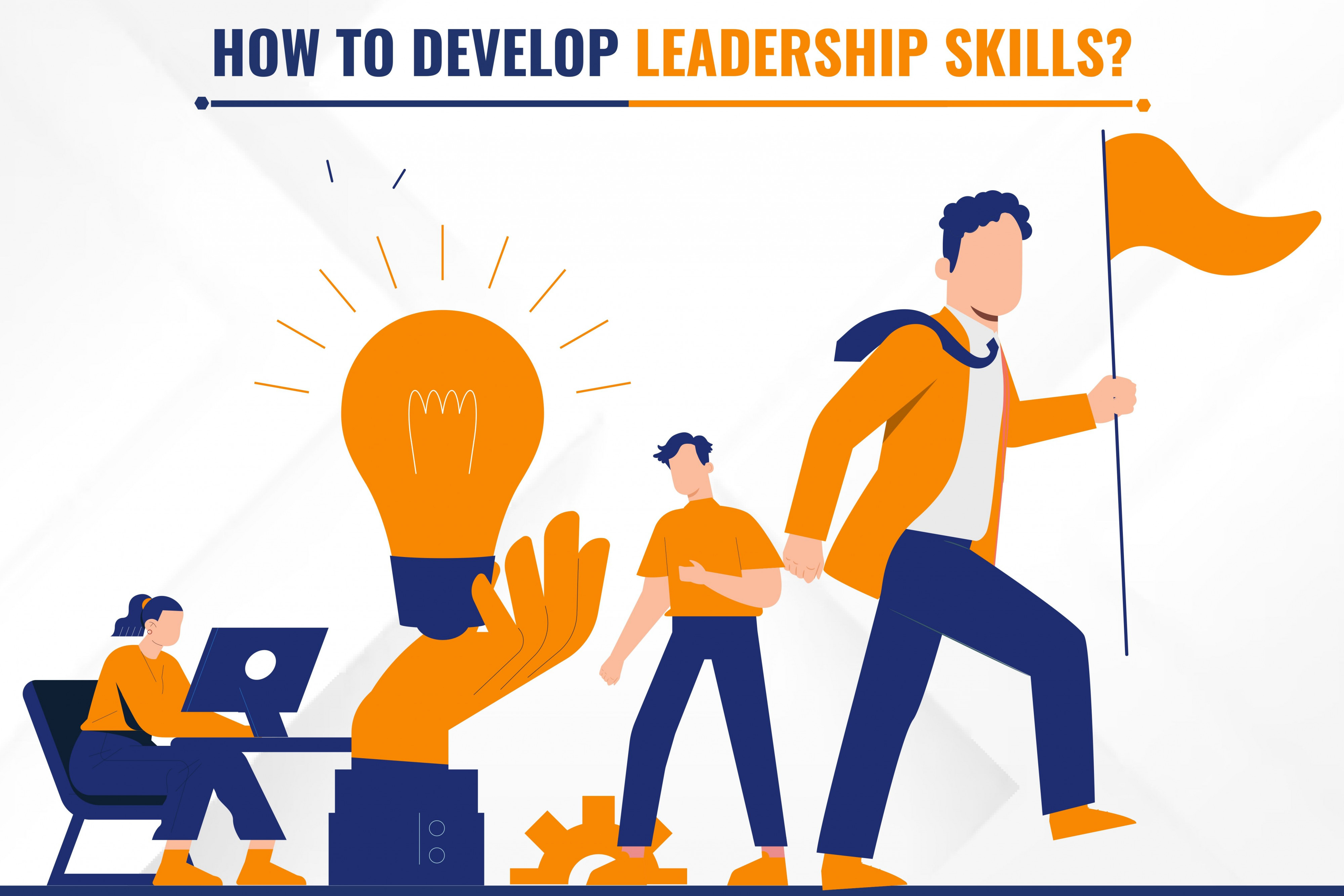
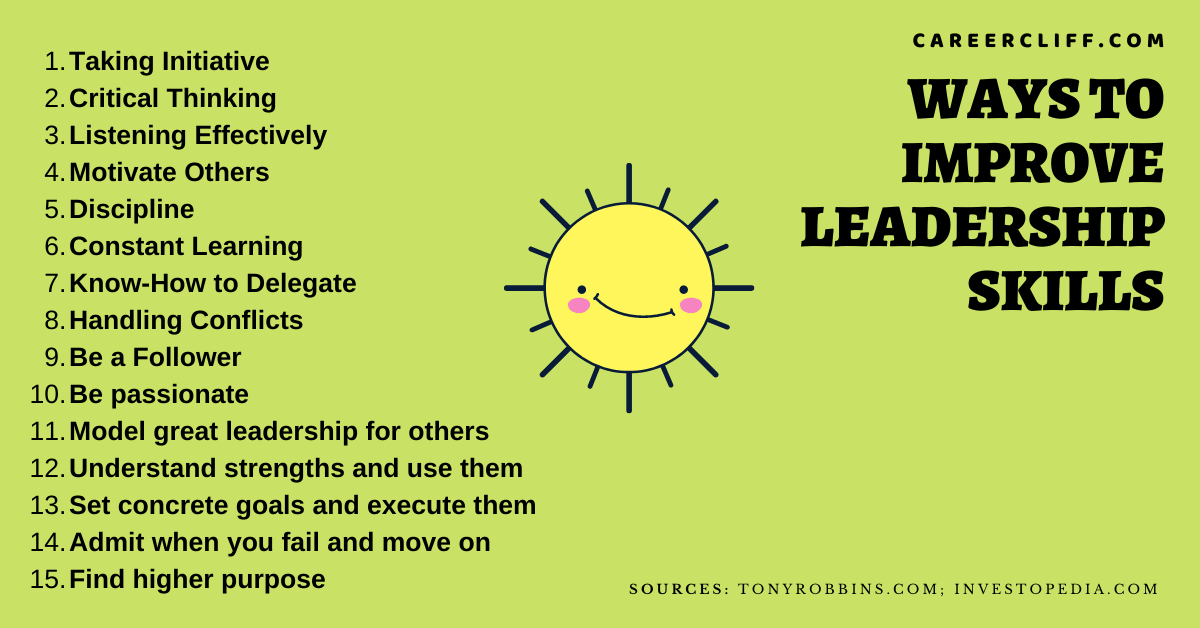
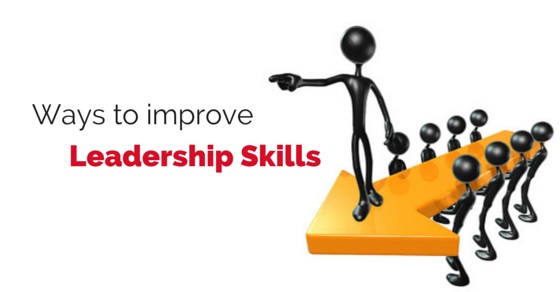
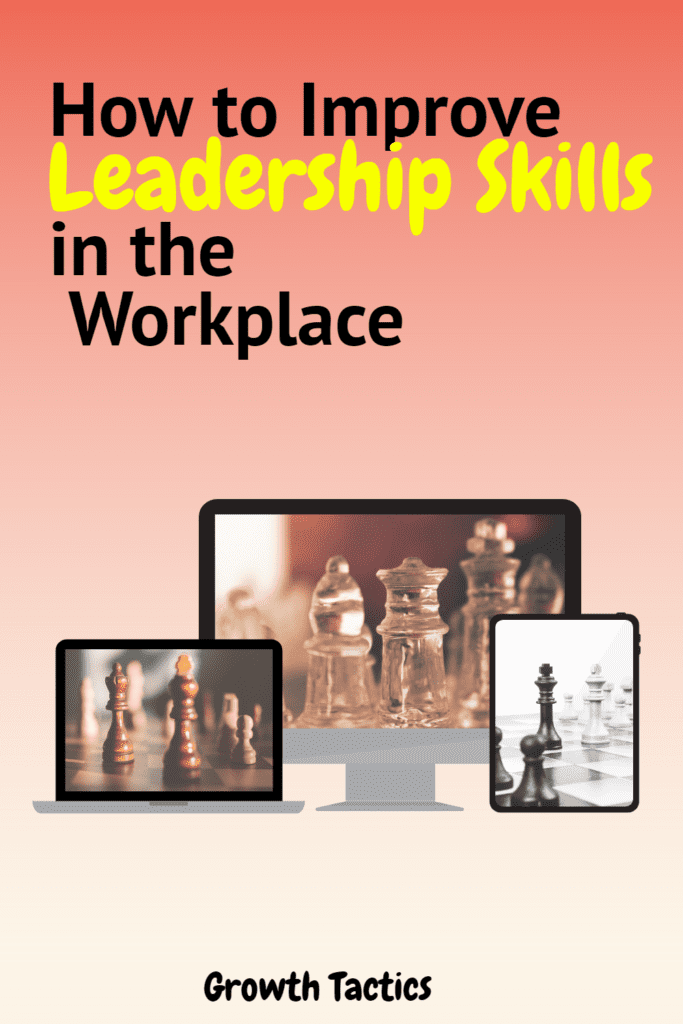
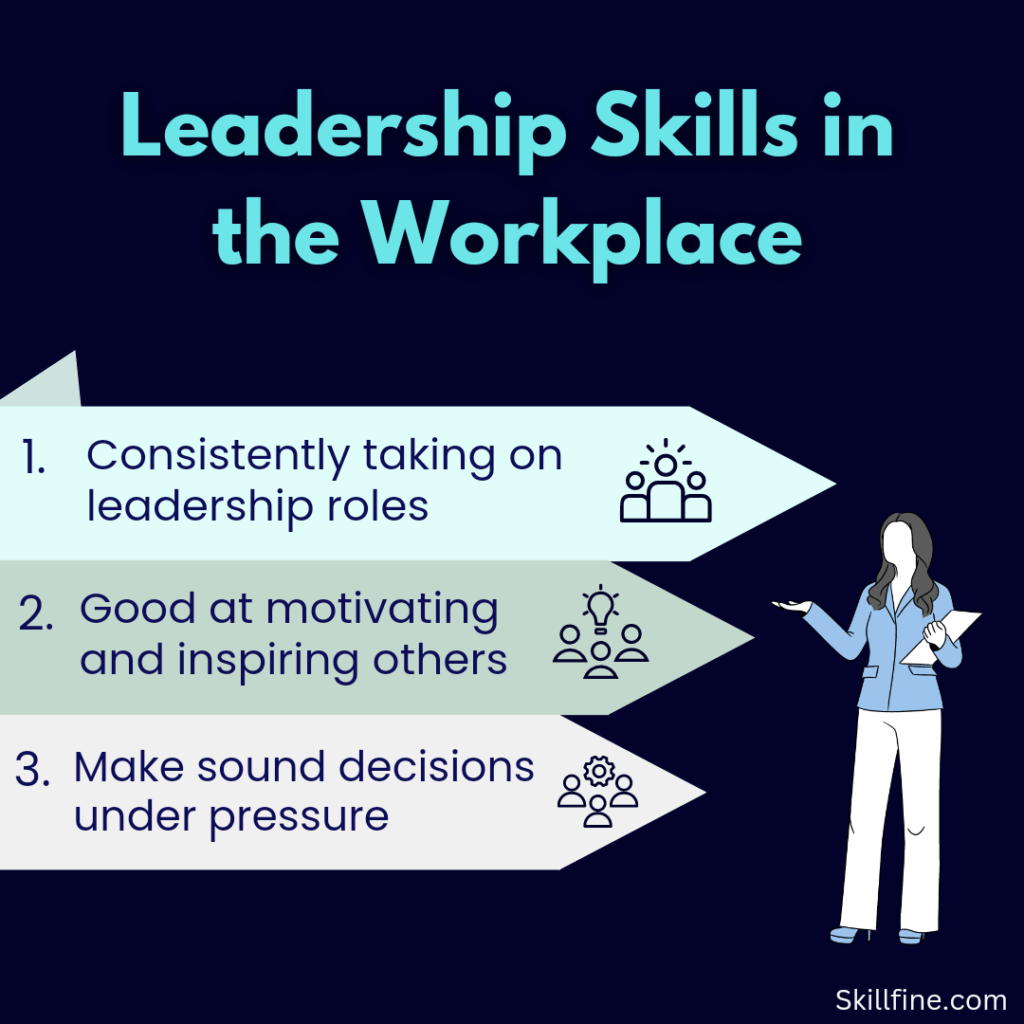


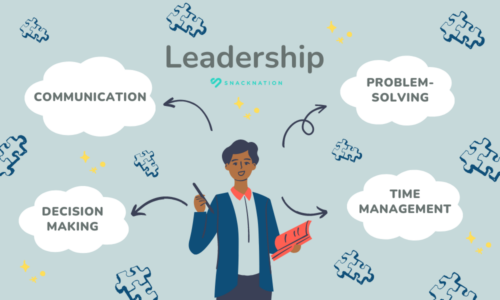
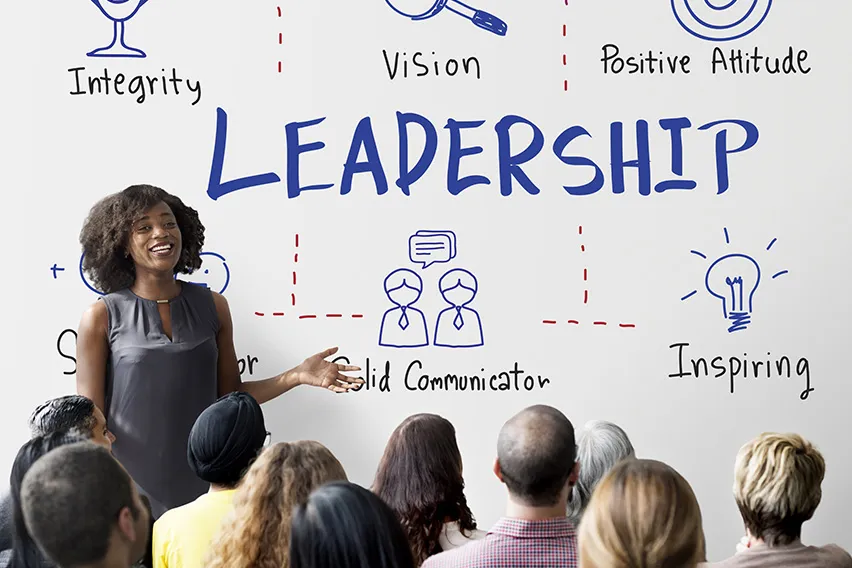
.png)
